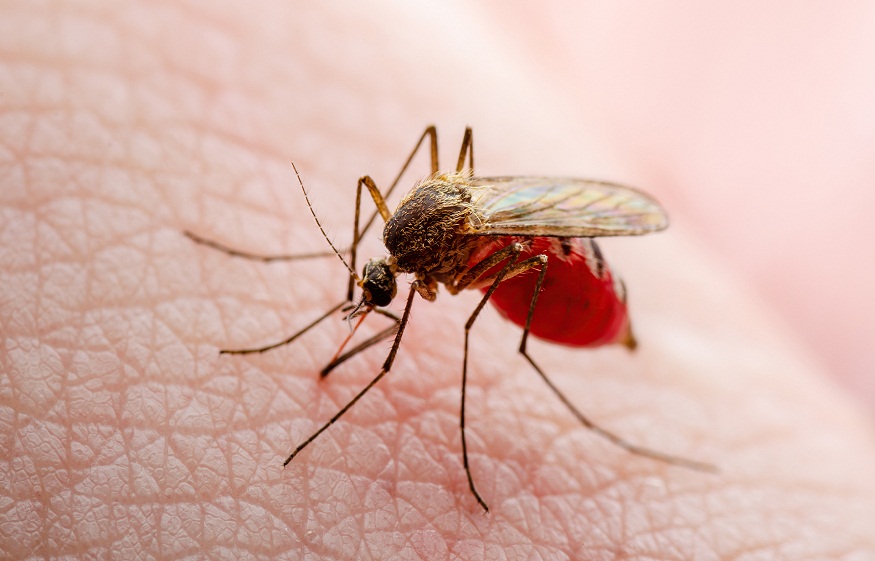More than just an annoying itch, mosquitoes can transmit serious diseases such as the West Nile virus and Zika, and even heartworm in pets. In Kent,, where warm, wet seasons make for great breeding weather, the first step to fending off mosquitoes is figuring out where and how they are multiplying. Residents and property owners can disrupt their life cycle by disrupting mosquito breeding habits, and lower the local mosquito population dramatically.
One of the most common questions we get is “How do we break the breeding cycle?” Here’s a closer look at how mosquitoes breed, why Kent provides the perfect environment for mosquitoes to breed, and how you can stop the cycle to protect your family from bites as explained by United Pest Solutions.
Mosquito Breeding Basics
Mosquitoes need still water to procreate. A mosquito deposits her eggs in pools of stagnant water or in places that are apt to be flooded with water. These eggs grow into larvae, which eventually grow into pupae, and then become adult mosquitoes.
Here`s a pie chart of their life stages:
- Eggs: Are laid in or near water, depending on the species.
- Larvae (wigglers) – Aquatic and they eat microorganisms.
- Pupae (tumblers) – Non-feeding stage from which the fly emerges.
- Adult – Hatches out of the water as flying adults.
Assuming it remains warm and wet, as it frequently is in spring and summer in Kent, the whole process might take as little as 7 to 10 days.
What Makes Mosquitoes Love Certain People?
The seasonal, rainy weather and landscape of homes in Kent is perfect for breeding mosquitoes. Floral pots, hardy rain barrels, birdbaths, gutters, flowerpots, and even old tires can collect rainwater and become criminals’ breeding grounds.
Meanwhile, mosquitoes are also less likely to breed at local parks, wetlands and slow moving creeks but may contribute to the mosquito population when water becomes stagnant or isn’t disturbed for days on end.
Common Places to Look for Breeding Grounds
If you want to target the mosquito life cycle, you have to search and destroy the birthplace of these pests. These include:
- Blocked gutters: Water pools when debris blocks a clear path.
- Birdbaths and fountains: Change water frequently or use agitators.
- Tarps and plastic covers: Water pools in pockets and low spots.”
- Ponds and ditches: especially if the water is stagnant.
- Tires: One of the most overlooked mosquito breeding sites.
- Pet water bowls: left outside and full (not emptied daily).
Even a bottle cap full of water can be sufficient for mosquitoes to breed, so no container is too small to check.
How to Stop the Mosquito Life Cycle in Kent
- Maintain Your Yard: Keep grass trimmed and overgrown vegetation trimmed, where adult mosquitoes rest.
- Install Proper Drainage: Improve yard drainage and repair leaky outdoor faucets to avoid water pooling.
- Encourage Natural Predators: Critters like mosquitofish, dragonflies and birds can eat mosquito larvae in backyard ponds.
- Seek Professional Help: And, if it is looking like the mosquito season will continue fairly strong, you might want to call a pest control company in Kent to have some treatment options sprayed or misted in your yard.
Taking Care of Yourself and Your Family
Controlling breeding is the primary means for long-term mosquito reduction, but you also should protect yourself from mosquitoes in the short term:
- Wear long sleeves and pants if you’re outside (especially at dawn and dusk).
- Apply EPA-registered repellents containing DEET, picaridin, or oil of lemon eucalyptus.
- Install or repair screens on windows and doors to keep mosquitoes outside.
Ideally, learning about the habits of mosquito breeding would help in controlling them — particularly in a climate and area such as Kent, WA, which in the absence of control measures can see large mosquito populations. You can help stop the mosquito life cycle by concentrating on prevention and early intervention – and safeguard your home and neighborhood.
Keep vigilant, keep dry, and adopt simple preventions now for a more comfortable and mosquito-free tomorrow.

